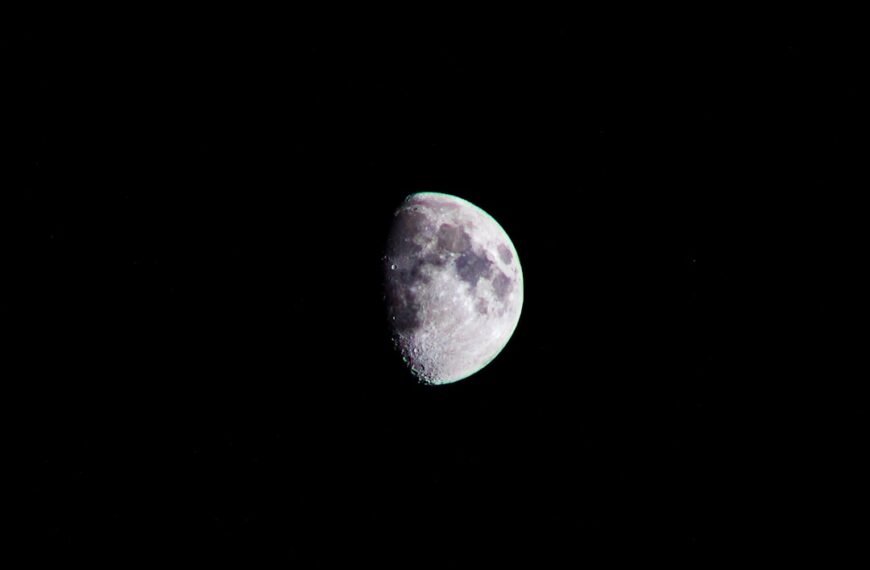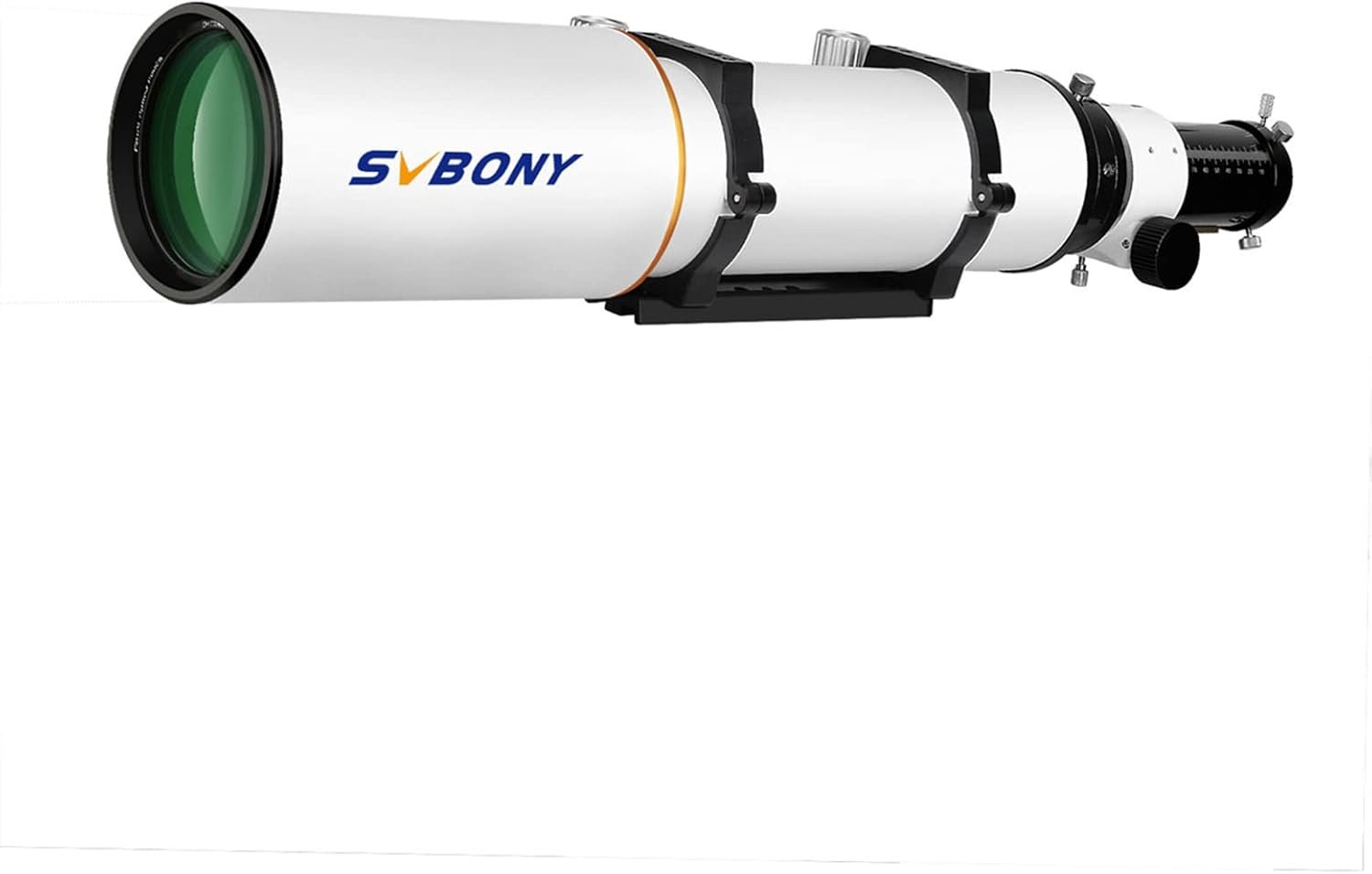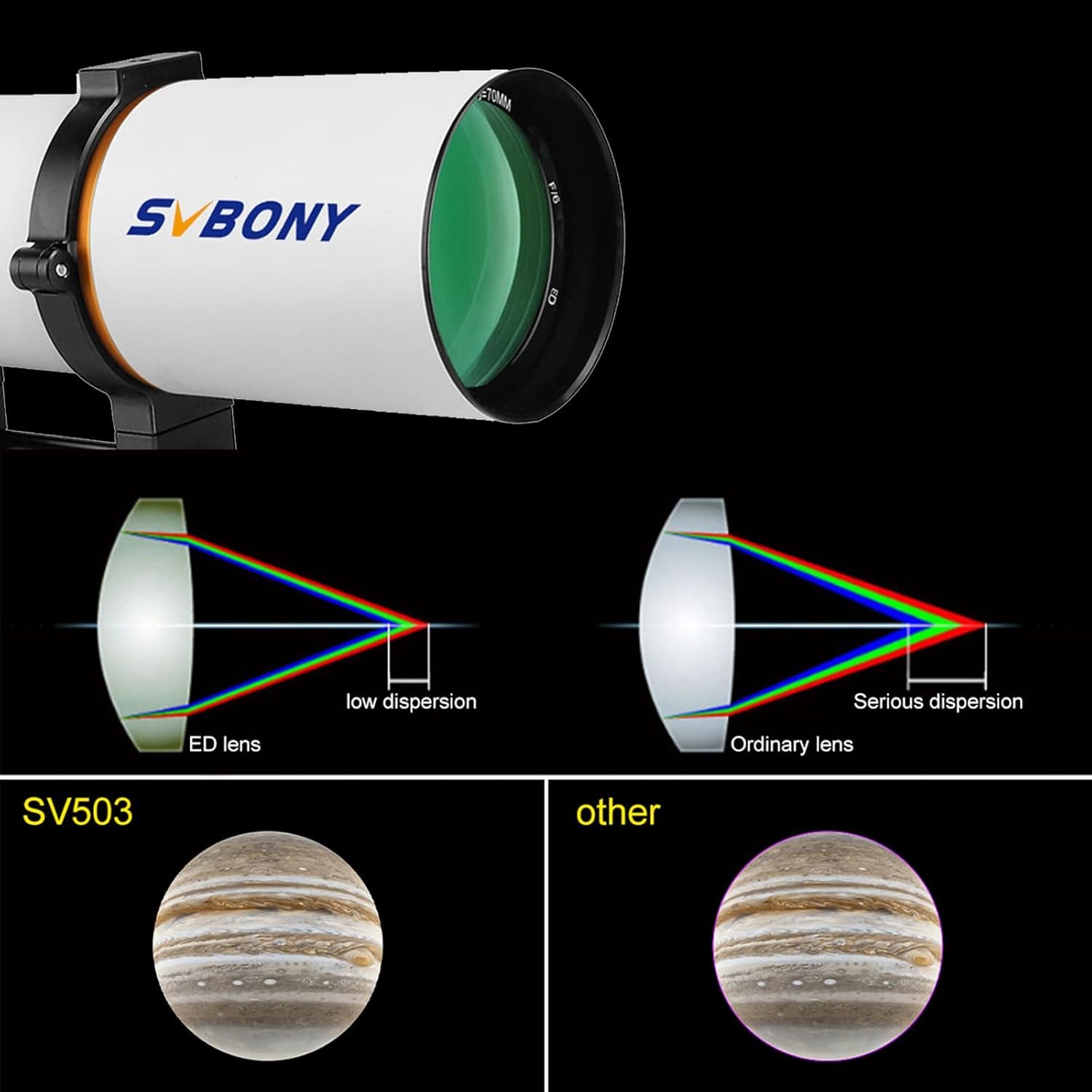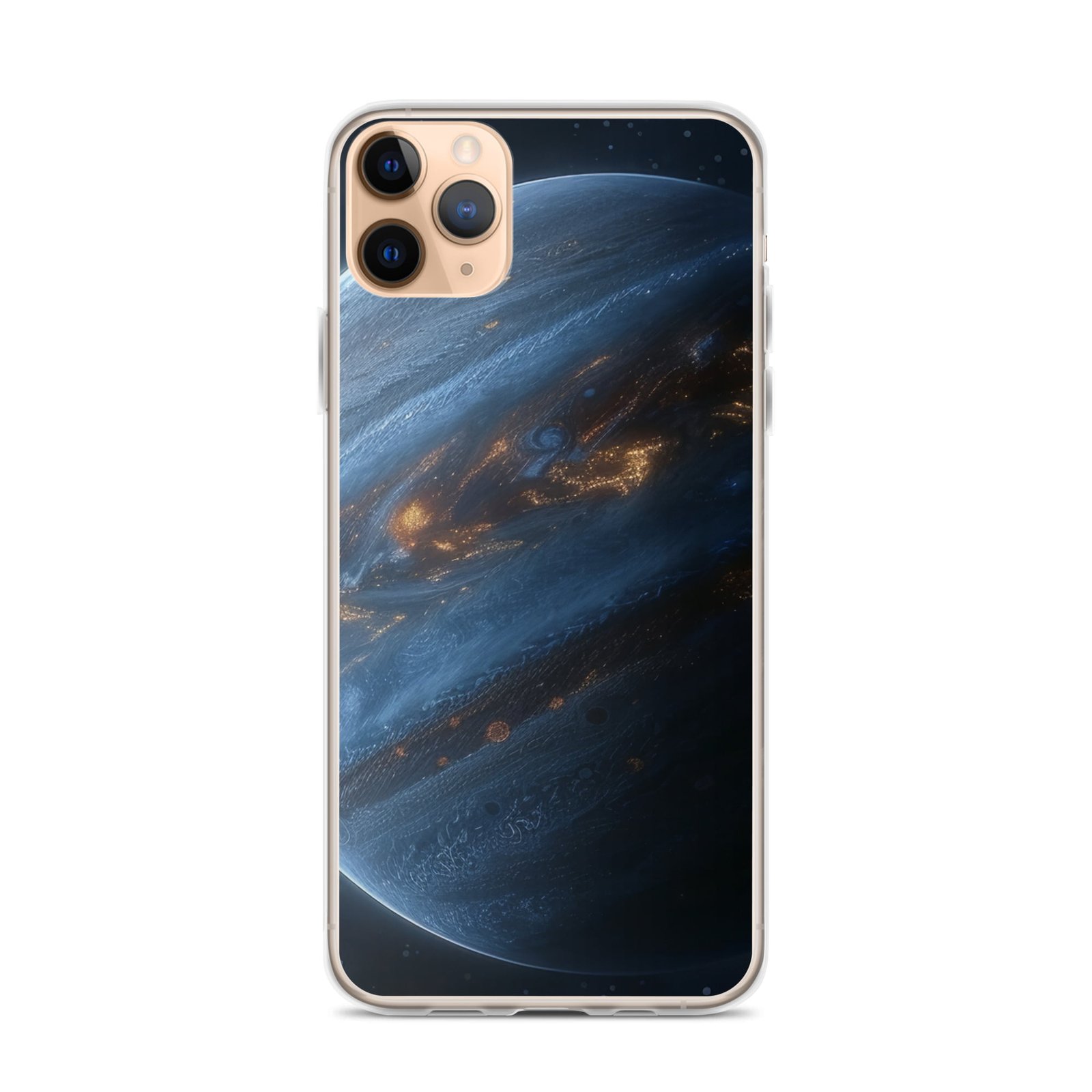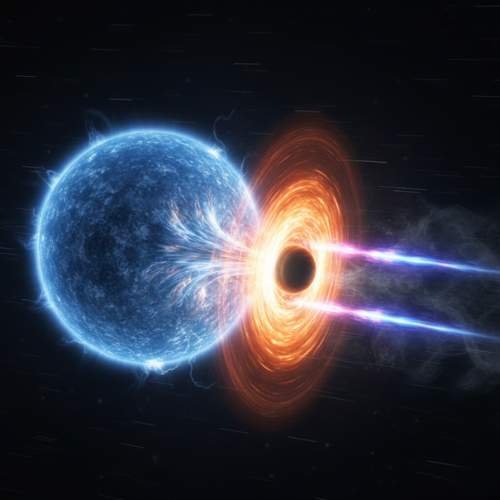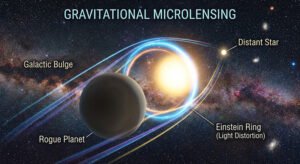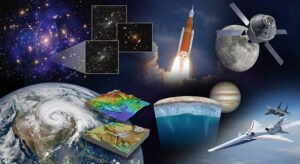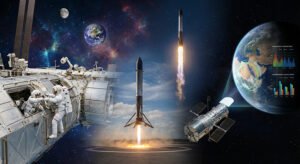when did space exploration begin?
Space exploration, a field that has captured our imaginations and propelled humanity’s quest for knowledge, is an incredible saga of adventure, technology, and discovery. From the early days of rocketry to landing on the Moon, and now setting sights on Mars and beyond, the evolution of space exploration is a testament to human ingenuity and perseverance. Let’s embark on a journey through the history, milestones, and future of space exploration.
Key Takeaways 📝
- The concept of space travel has fascinated humanity since the days of science fiction, with early writers like Jules Verne sparking public interest in the cosmos.
- The launch of Sputnik 1 on October 4, 1957, marked a pivotal moment in history, igniting the space race and showcasing the potential of space exploration.
- While many see space exploration as a path to knowledge, there are significant ethical concerns regarding colonization and the environmental impact of our activities in space.
- NASA’s Artemis program aims to return humans to the Moon by the mid-2020s, setting the stage for future missions to Mars and beyond.
- Space exploration has not only expanded our understanding of the universe but has also led to technological advancements that impact everyday life, highlighting its value to society.
Introduction to Space Exploration
Space exploration is the pursuit of knowledge about outer space through the use of astronomy and space technology. It involves the exploration of celestial structures in outer space, which can be conducted by both human spaceflights and robotic spacecraft.
The Origins of Space Exploration
Early Theoretical Concepts
Before rockets could soar into the sky, the concept of space travel existed in the realm of dreams and science fiction. Writers like Jules Verne and H.G. Wells imagined journeys to the Moon and other planets, sparking public interest and curiosity about the universe.
Development of Rocketry
The real leap toward space exploration began with the development of rocketry in the early 20th century. Pioneers like Konstantin Tsiolkovsky, Robert Goddard, and Hermann Oberth laid the theoretical and practical groundwork for modern rocketry. Goddard, in particular, launched the world’s first liquid-fueled rocket in 1926, a pivotal moment that marked the beginning of practical exploration capabilities.
The Dawn of the Space Age
Sputnik 1: The First Satellite
On October 4, 1957, the Soviet Union launched Sputnik 1, the first artificial satellite to orbit Earth. This breakthrough marked the official start of the space age, showcasing the potential of space technology and igniting the space race between the United States and the Soviet Union.
The Role of the Cold War
The Cold War rivalry was a significant driver of space exploration. As the two superpowers competed for technological and ideological superiority, space became the new frontier for demonstrating prowess. This competition fueled rapid advancements in space technology and exploration efforts.
Human Spaceflight Milestones
Yuri Gagarin: First Human in Space
On April 12, 1961, Soviet cosmonaut Yuri Gagarin made history by becoming the first human to travel into space and orbit the Earth aboard Vostok 1. This monumental achievement demonstrated human capability in space and set the stage for future manned missions.
Project Mercury and Gemini: USA’s Early Steps
In response to Soviet successes, NASA launched Project Mercury and later Project Gemini, which were crucial in developing the skills necessary for lunar exploration. These programs tested new spaceflight technologies, such as docking and long-duration flights, laying the groundwork for the Apollo missions.
The Moon Landing: A Giant Leap

Apollo 11: Landing on the Moon
On July 20, 1969, NASA’s Apollo 11 mission successfully landed humans on the Moon. Neil Armstrong and Edwin “Buzz” Aldrin became the first humans to set foot on the lunar surface, while Michael Collins orbited above. Armstrong’s words, “That’s one small step for [a] man, one giant leap for mankind,” remain iconic.
The Impact of the Moon Landing
The Moon landing was not just a technological triumph but also a cultural milestone that inspired generations and shifted humanity’s perspective on our place in the universe. It highlighted the potential of human achievement when fueled by curiosity and determination.
The Expansion of Space Exploration
Mars Rovers and Beyond
Following the success of lunar missions, attention turned to Mars and other celestial bodies. NASA’s Mars rovers, such as Spirit, Opportunity, Curiosity, and Perseverance, have provided invaluable data about the Red Planet, paving the way for potential human exploration.
The International Space Station
The International Space Station (ISS), a collaborative project between NASA, Roscosmos, ESA, JAXA, and CSA, serves as a living laboratory in space. It has been continuously inhabited since 2000, facilitating international cooperation and advancing scientific research in microgravity.
The Role of Private Companies
SpaceX and the Commercialization of Space
In recent years, private companies like SpaceX have revolutionized space exploration by introducing reusable rockets and reducing launch costs. SpaceX’s achievements, such as the Falcon 9 and Crew Dragon missions, have opened the door to commercial space travel.
Blue Origin and Other Pioneers
Other companies, like Blue Origin, Virgin Galactic, and Rocket Lab, are also making strides in space exploration. They are exploring suborbital tourism, satellite deployment, and ambitious projects like lunar landers, broadening space access beyond government agencies.
The Science of Space Exploration
Studying Other Planets
Space exploration allows scientists to study other planets, moons, asteroids, and comets, providing insights into the formation and evolution of our solar system. Missions like New Horizons to Pluto and the Juno probe to Jupiter have expanded our understanding of these distant worlds.
The Search for Extraterrestrial Life
One of the most fascinating aspects of space exploration is the search for extraterrestrial life. Missions like the Mars rovers and the Europa Clipper aim to uncover signs of life on Mars and Jupiter’s moon Europa, where conditions may support microbial life.
Challenges and Risks in Space Exploration
Technical and Human Challenges
Space exploration is fraught with technical challenges, from developing reliable spacecraft to ensuring astronaut safety. Long-duration missions pose psychological and physiological risks to astronauts, requiring advancements in life support systems and radiation protection.
The Risk of Space Debris
As more satellites and spacecraft are launched, space debris has become a significant concern. Collisions with debris can damage or destroy spacecraft, posing a threat to future missions and prompting efforts to develop mitigation strategies.
Future of Space Exploration
The Artemis Program and Returning to the Moon
NASA’s Artemis program aims to return humans to the Moon by the mid-2020s, with the goal of establishing a sustainable presence and preparing for future Mars missions. This ambitious endeavor seeks to build on the legacy of Apollo while advancing technology and international collaboration.
Plans for Mars Colonization
Mars colonization is a long-term goal for space agencies and private companies. Concepts for sustainable habitats, in-situ resource utilization, and autonomous systems are being developed to support human life on Mars and ensure long-term survival.
Ethical Considerations in Space Exploration
Environmental Impact
As we venture into space, it’s crucial to consider the environmental impact of exploration activities. Efforts must be made to minimize contamination of celestial bodies and manage space debris to preserve the pristine nature of space environments.
The Ethics of Space Colonization
The prospect of colonizing other planets raises ethical questions about ownership, resource exploitation, and the potential impact on any existing life forms. These issues require careful consideration and international cooperation to ensure responsible exploration.
The Influence of Space Exploration on Society
Technological Advancements
Space exploration has driven technological advancements in various fields, from telecommunications and materials science to medicine and environmental monitoring. Technologies developed for space missions often find applications in everyday life.
Cultural and Educational Impacts
Space exploration inspires curiosity and wonder, encouraging interest in STEM (science, technology, engineering, and mathematics) fields. It fosters a sense of global unity and perspective, reminding us of our shared humanity and the vastness of the universe.
Conclusion: The Unending Journey
Space exploration is an unending journey of discovery that continues to captivate and inspire. From the early dreams of rocketry pioneers to the modern efforts to colonize Mars, the quest to explore space reflects humanity’s innate desire to understand our place in the cosmos. As we look to the future, the possibilities are limitless, and the journey is only just beginning.
FAQs on Space Exploration
What was the first mission to space?
The first mission to space was the Soviet Union’s launch of Sputnik 1, the first artificial satellite, on October 4, 1957.
Who was the first person to walk on the Moon?
Neil Armstrong was the first person to walk on the Moon during NASA’s Apollo 11 mission on July 20







